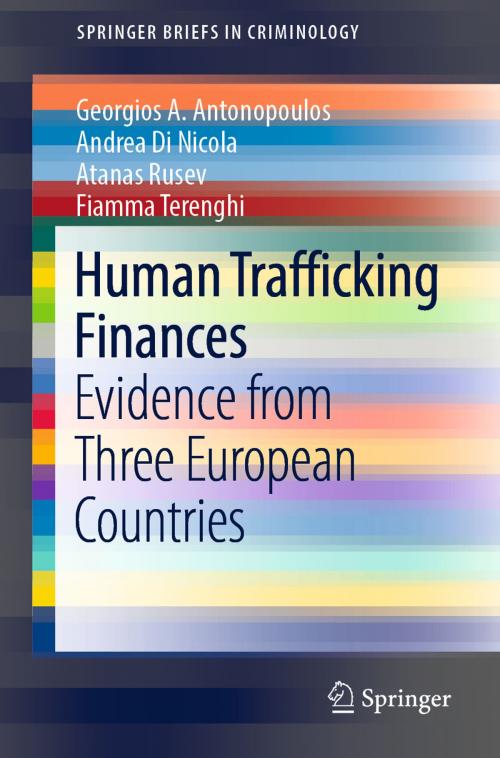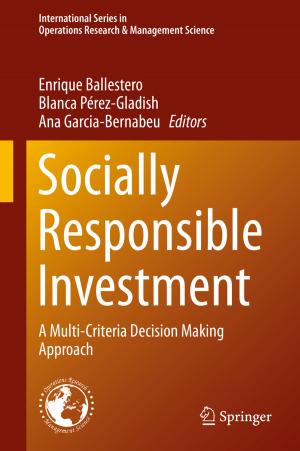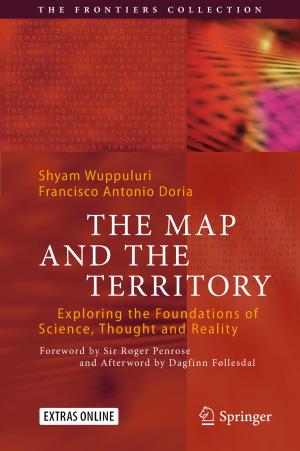Human Trafficking Finances
Evidence from Three European Countries
Nonfiction, Reference & Language, Law, International, Social & Cultural Studies, Social Science, Crimes & Criminals, Criminology| Author: | Georgios A. Antonopoulos, Andrea Di Nicola, Atanas Rusev, Fiamma Terenghi | ISBN: | 9783030178093 |
| Publisher: | Springer International Publishing | Publication: | April 13, 2019 |
| Imprint: | Springer | Language: | English |
| Author: | Georgios A. Antonopoulos, Andrea Di Nicola, Atanas Rusev, Fiamma Terenghi |
| ISBN: | 9783030178093 |
| Publisher: | Springer International Publishing |
| Publication: | April 13, 2019 |
| Imprint: | Springer |
| Language: | English |
This unique volume addresses the financial mechanisms that enable human trafficking - its actors, structures, and logistics. Viewing each stage of the market, human traffickers may need significant financial resources for recruitment, transportation, and exploitation.
Drawing upon cross-disciplinary research expertise in criminology, sociology, law and economics, this book offers insights from law enforcement officers, policy makers, NGOs, and traffickers and their victims. Using three European countries - Bulgaria, Italy and the United Kingdom - it provides an account on the sources of capital for initiating and sustaining a human trafficking scheme, discussing the involvement of criminal structures, legitimate businesses, financial institutions, and information and communication technologies in the running of these enterprises. It also addresses the ways in which entrepreneurs and customers settle payments, the costs of conducting business in human trafficking, and how profits from the business are spent and invested.
This important contribution to the transnational organized crime knowledge base will be of interest to researchers and academics, as well as law enforcement, regulatory agencies, and policy makers combating human trafficking.
This unique volume addresses the financial mechanisms that enable human trafficking - its actors, structures, and logistics. Viewing each stage of the market, human traffickers may need significant financial resources for recruitment, transportation, and exploitation.
Drawing upon cross-disciplinary research expertise in criminology, sociology, law and economics, this book offers insights from law enforcement officers, policy makers, NGOs, and traffickers and their victims. Using three European countries - Bulgaria, Italy and the United Kingdom - it provides an account on the sources of capital for initiating and sustaining a human trafficking scheme, discussing the involvement of criminal structures, legitimate businesses, financial institutions, and information and communication technologies in the running of these enterprises. It also addresses the ways in which entrepreneurs and customers settle payments, the costs of conducting business in human trafficking, and how profits from the business are spent and invested.
This important contribution to the transnational organized crime knowledge base will be of interest to researchers and academics, as well as law enforcement, regulatory agencies, and policy makers combating human trafficking.















